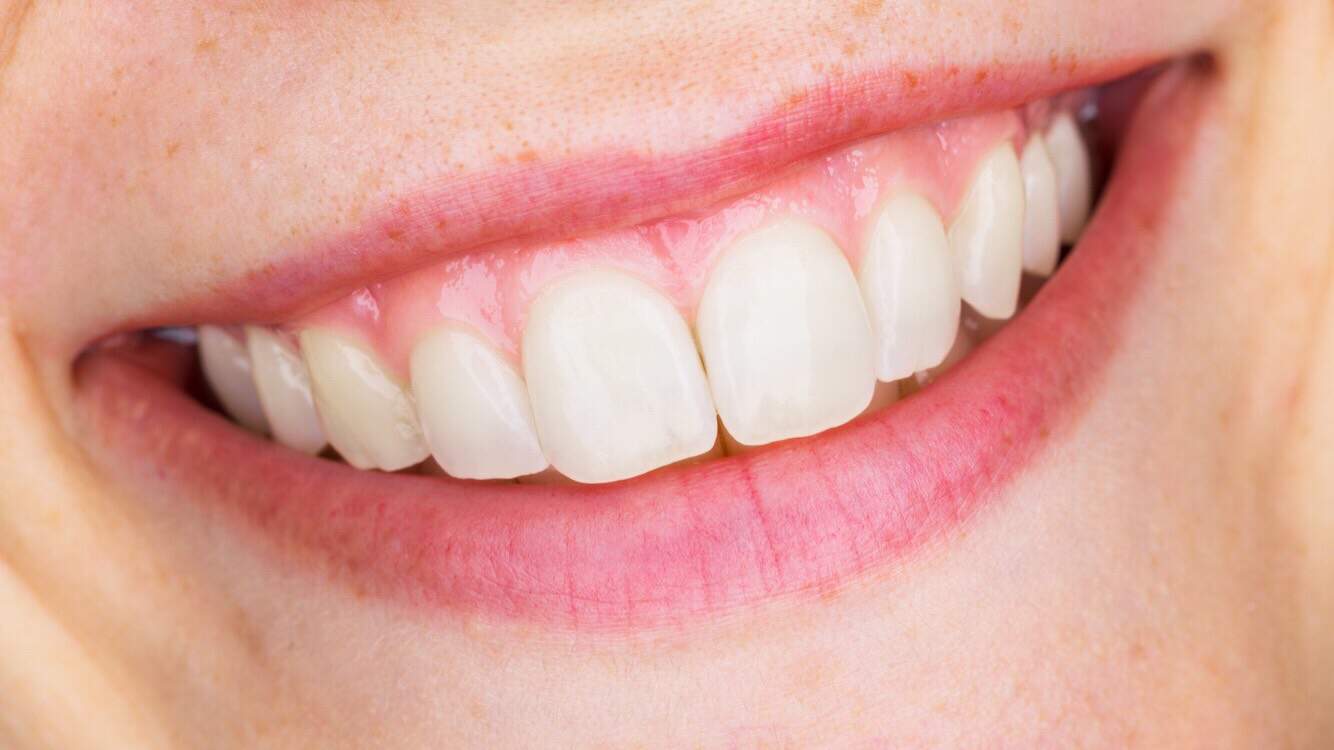“Always remember to be happy because you never know who’s falling in love with your smile.” ~ Anon.
A Story in A Smile
Do you ever feel your heart melt a bit when someone you love smiles? Whether it’s a child, partner, or close friend, an ear-to-ear beamer is a beautiful sight.
Did you know that, by smiling, we’re displaying some of our personality? That the way you smile can benefit your life? That simple, sincere, and straightforward smile has a way of attracting all sorts of attention?
A smile is a powerful thing.
Let’s talk a bit about what your smile says about you.
Whether We’re Outgoing or Reserved
People who are outgoing tend to smile more broadly. Individuals who are shyer tend to grin, which shows they’re more comfortable with keeping to themselves. (As an introvert, I must say this is right on.)
There are times when we may feel the need to be a bit more outgoing (e.g. at a work event or an interview) – this is when a glimmering smile can do wonders. Pamela McClain, a former president of the American Academy of Periodontology, says, “When someone has a big smile, it shows they’re willing to open up and expose part of themselves.”
Our Relationship Success
According to a study published in the journal, Motivation and Emotion, how a person smiles in old photographs is a good predictor of future relationship success.
“In one test, (researchers) looked at people’s college yearbook photos, and rated their smile intensity from 1 to 10.” None of the people who fell within the top 10 percent of smile strength had divorced, while (in) the bottom 10 percent, nearly one in four had a marriage that ended.”
Researchers followed this up with a second trial, in which people over age 65 provided photos from their childhood. After scoring each’s smile, only 11 percent of the “biggest smilers” had divorced someone. The “frowners” divorced at a 20 percent higher clip.
Our Fertility and Overall Health
Many studies show that a healthy smile may impact overall health. There also appears to be a possible correlation between smiling and fertility.
While this research is speculative, studies indeed have shown that oral hygiene is associated with health outcomes. Per a 2009 study published in the journal Obstetrics and Gynecology, “gum disease is linked to an increased risk of heart disease, respiratory disease and kidney disease.”
Researchers state that this link is related to the effect of gum disease on inflammation levels.
Our Confidence
“A smile conveys confidence and professionalism,” says Lily T. Garcia, DDS, a past president of the American College of Prosthodontists. As such, people with a broad smile are typically viewed as reliable, trustworthy, and flexible – they also demonstrate the ability “to cope better with challenges than those who are withdrawn and unsmiling.”
In one study, researchers asked random strangers to view multiple pictures of women’s college photos. Those who smiled in their photographs were presumed to be more optimistic and capable than women who did not.
Our Anxiety Levels
Social anxiety is defined as “the fear of interaction with other people that brings on self-consciousness, (and) feelings of being negatively judged and (evaluated).”
In this state, it’s going to be very difficult to summon a genuine smile. People inherently link this lack of smiling with anxiety and insecurity (*sigh* as they say, “Perception is reality.”)
However, it is fair to say that people with wider smiles are perhaps less anxious than others.
Our Happiness
Paul Eckman, Ph.D. and psychologist who studies facial expressions, taught himself to “arrange the muscles in his face to make certain expressions.” Eckman, despite his disbelief, found that he actively felt the facial expressions he was mimicking. He felt happier when he smiled expressively – by lifting his cheeks, parting his lips, and moving the corners of his mouth upwards.
To test his hypothesis that feigning a smile produces happy feelings, Ekman and his research team studied the brain images of college students while smiling. The interesting thing is that regardless of whether the subject’s smile was purposeful or spontaneous, the activity within the brain was practically identical. They felt happier either way.
Eckman’s test can teach us a great deal about the power of smiling. In fact, if you take just one thing away from this article, let it be the ability to make yourself happier by smiling.
It’s also helpful to know that your smile can produce benefits aside from a positive emotional state. Others will see you as more open, friendly, flexible, confident, resilient, and successful.
You are a beautiful person, whether or not you feel that way right now. Your smile is your shine, and as we love to say here at Power of Positivity, “Shine on!”
Any thoughts on the article? Any related personal experiences to share? Please do!












 Community
Community

